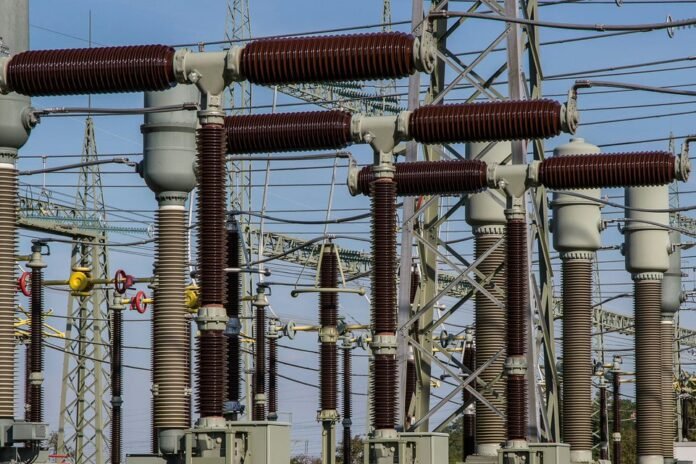Choosing the right energy provider is critical to ensure that homes and businesses run smoothly while controlling energy expenses effectively. Making a choice that strikes a mix between cost, dependability, and environmental responsibility can often be difficult, given the abundance of choices at hand. This article will address the important variables to consider when selecting the right energy source, as well as how to make an informed decision.
Table of Contents
Understanding Your Energy Needs
Evaluating your personal or company energy requirements helps you better understand which of several energy providers would be suitable. Choosing the right strategy depends critically on knowing the energy consumption level. This involves considering heating, cooling, lighting, appliances, and other power-requiring household consumers. Energy consumption for companies could change depending on operational hours, personnel size, and machinery use. Once energy demands are determined, pricing plans can be more readily compared, and the best energy supplier can be chosen for particular needs. While smaller consumers would gain from fixed-rate plans or flexible contracts, high consumption might call for bulk energy-buying arrangements.
Comparing Pricing Plans and Contract Terms
The cost of energy varies greatly between suppliers, based on criteria such as location, energy plan type, and market rate. When evaluating energy providers, it is critical to consider the price structures they give. Fixed-rate plans provide the stability of knowing how much you will pay each month, regardless of market swings. Variable-rate plans, on the other hand, can fluctuate with market conditions, which means that while they can offer reduced rates when demand is low, they can also unexpectedly rise during peak periods. It is also advisable to compare energy company prices to determine whether switching suppliers will result in significant savings in the future. It is also critical to evaluate the promotional periods and how long they continue before the usual rates apply. You should also consider the length of the contract and any early termination penalties that can apply if you cancel it early.
Assessing Customer Service and Reputation
Customer service is extremely important when choosing an energy business. When dealing with billing issues, outages, or other service-related issues, a dependable and responsive customer service team can be invaluable. Look for organizations with a good track record of customer satisfaction, as this will save you time and frustration if an issue arises. Online reviews and ratings can assist you analyze prior customers’ experiences because they reflect the supplier’s overall level of service and responsiveness. Furthermore, some suppliers offer additional tools such as web portals or mobile apps that allow customers to track their energy consumption, pay bills, and manage their accounts more easily. These technological advancements can enhance the consumer experience by providing more convenience and control. Choosing an energy supplier with a solid customer service record ensures that any problems are professionally and effectively resolved.
Considering Green Energy Options
When selecting an energy supplier, sustainability is becoming a more significant factor for many customers. These days, several suppliers have green or renewable energy programs using solar, wind, or hydroelectric power to produce energy. These options appeal to people who want to reduce their carbon footprint and contribute to a more sustainable energy future. Although some renewable energy sources are more expensive, many people find that the benefits outweigh the costs, particularly when it comes to environmental impact. If sustainability is a major priority, one should look at the renewable energy plans offered by various companies, as well as the percentage of their overall energy usage obtained from renewable sources.
Evaluating Flexibility and Additional Services
Flexibility in energy plans can be very beneficial, especially if you are unsure about your long-term energy requirements. Certain providers provide month-to-month contracts or no-contract agreements, which give the flexibility to transfer or stop services free from penalties. Those who might be relocating soon or companies whose energy consumption changes seasonally can find this helpful. Apart from adaptability, some energy companies give smart home integration or energy efficiency advice, which can improve the value of the plan even more. These services can help consumers cut waste, maximize their energy use, and can lessen total expenses. When choosing an energy supplier, one should take into account whether any additional services are provided that might help with more convenience or energy savings.
Conclusion
Selecting the correct energy supplier is a choice one should not take lightly. Before deciding, it’s crucial to carefully evaluate all possibilities, given many elements to take into account, including pricing, customer service, energy sources, and adaptability. Consumers can make sure they choose an energy provider that satisfies their financial and environmental objectives by evaluating personal or company energy demands, comparing pricing options, and looking at extra services. Examining the standing of possible suppliers is also very important, considering client comments and degree of satisfaction.
Apart from that, if you are interested to know about “Seven most effective ways to save energy” then visit our “Technology” category.



























